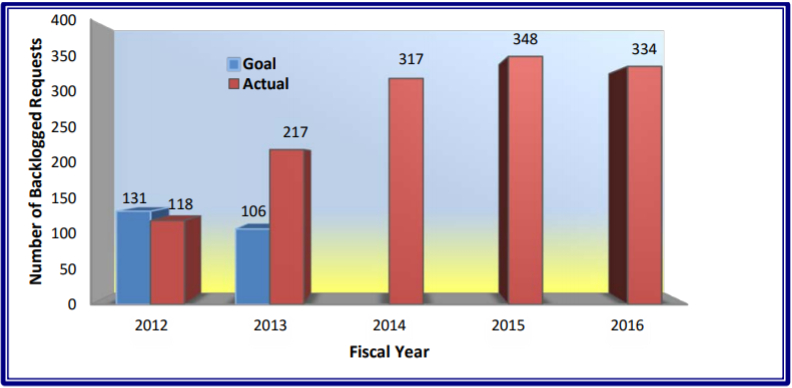Faced with the prospect of potential tax liability after an unsuccessful audit, taxpayers are faced with the options of filing a petition in the US Tax Court (Tax Court) prior to paying the liability or paying the liability, making a claim for refund, and (if denied or more than six months have passed) suing the government for a refund in local district court or the Court of Federal Claims. For taxpayers that select the Tax Court route, sometimes a question later arises as to whether they can seek to dismiss their case in order to refile in a different forum. The problem that arises is that Internal Revenue Code (Code) Section 7459(d) provides that if a Tax Court petition in a deficiency proceeding is dismissed (other than for lack of jurisdiction), the dismissal is considered as a decision that the deficiency is the amount determined by the Internal Revenue Service (IRS).
Taxpayers have attempted to avoid this rule in the past, presumably so that they could refile a lawsuit in another forum either because they believe that forum would be more favorable or because they desire a jury trial (Tax Court cases are bench trial; no juries are allowed). More than 40 years ago, the Tax Court rejected this tactic in Estate of Ming v. Commissioner, 62 TC 519 (1974), holding that under Code Section 7459(d), a taxpayer who petitions the court for a redetermination of a deficiency may not withdraw a petition to avoid the entry of decision. Specifically, the court held: “It is now a settled principle that a taxpayer may not unilaterally oust the Tax Court from jurisdiction which, once invoked, remains unimpaired until it decides the controversy.” Since Ming, the Tax Court has distinguished its holding in collection due process cases which involve the review of the IRS’s collection action, not the redetermination of a tax deficiency. See Wagner v. Commissioner, 118 TC 330 (2002). The Tax Court has further extended Wagner to non-deficiency cases involving whistleblower claims under Code Section 7623(b)(4) and stand-alone innocent spouse cases under Code Section 6015(e)(1). See Jacobson v. Commissioner, 148 TC No. 4 (Feb. 8, 2017); Davidson v. Commissioner, 144 TC 273 (2015). (more…)
read more

 Subscribe
Subscribe





